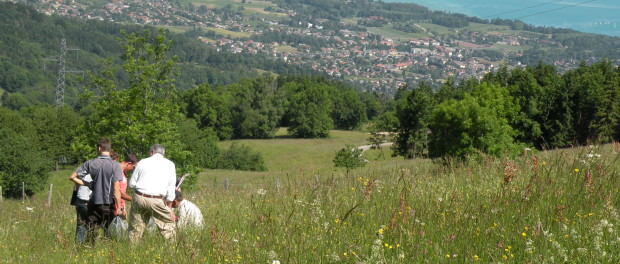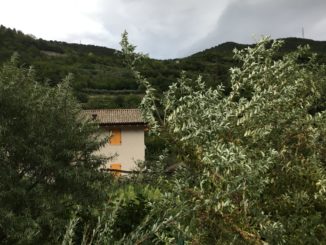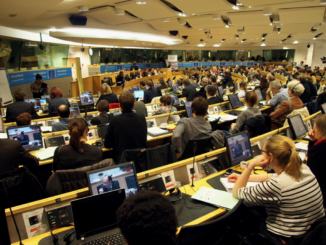A major United Nations Food and Agriculture Organisation (UNFAO) agroecology symposium is on now. The “Regional Symposium on Agroecology for Sustainable Agriculture and Food Systems in Europe and Central Asia” is being held in Budapest today and tomorrow – Thursday and Friday of this week. ARC2020’s Coordinator Samuel Feret will speak on the Friday.

This event, hosted by the Hungarian government and sponsored by the French government, will be webstreamed. On Thursday 24th and Friday 25th you can follow the sessions via live streaming using the links below:
(Thursday morning) (Thursday afternoon) (Friday morning) (Friday afternoon)
More
Objectives of the event
FAO’s objectives of the workshop on agroecology in Europe and Central Asia:
• Facilitate exchanges on agroecology among different stakeholders to contribute to a better understanding and initiate partnerships;
• Show case existing practices, interventions and systems;
• Starting a synthesis about the agroecology approaches in Europe, in reference with the other three regions: Latin America, Asia & the Pacific and sub-Saharan Africa;
• At policy level: Identifying government initiatives and start to identify key entry points policies in national policies and in common European policies.
Special expectations of FAO linked with other meetings and the European and Central Asia context:
• Insisting on innovation and agroecology: research, technical innovation, economic and social innovation. An emphasis on research and technics will be important.
• Having private sector on board to better link with agroecological development.
The program
The symposium will address topics related to:
• Agroecology overview in the region and challenges
• Agroecological design and transitions for sustainability and resilience
• Innovations and knowledge sharing (including poster presentations)
• Access and right to natural resources
• Valuing agroecology and sustainable food systems
• Transformative policies and processes
UN FAO describe Agroecology as:
Based on principles such as biomass recycling, circular system of food production, soil health and preservation, natural inputs (sun radiation, air, water and nutrients) optimization, loss minimization, conserve biological and genetic diversity and enforcement of biological interactions in agroecosystem components. It relies on a localised value chain, locally-available natural resources and knowledge, with a strong focus on participatory action research to achieve context-specific and sociallyaccepted innovations within farming systems. It is multi-disciplinary, drawing on agronomy, ecology, economy and social sciences and therefore developing agroecological programmes and policies requires a multistakeholder approach bringing together agriculture, environment and social perspectives. Agroecology can make an important contribution to the transition to more sustainable food systems. Its practices, research and policies have seen exponential growth worldwide in the last decade.
More on ARC2020 and Agroecology




